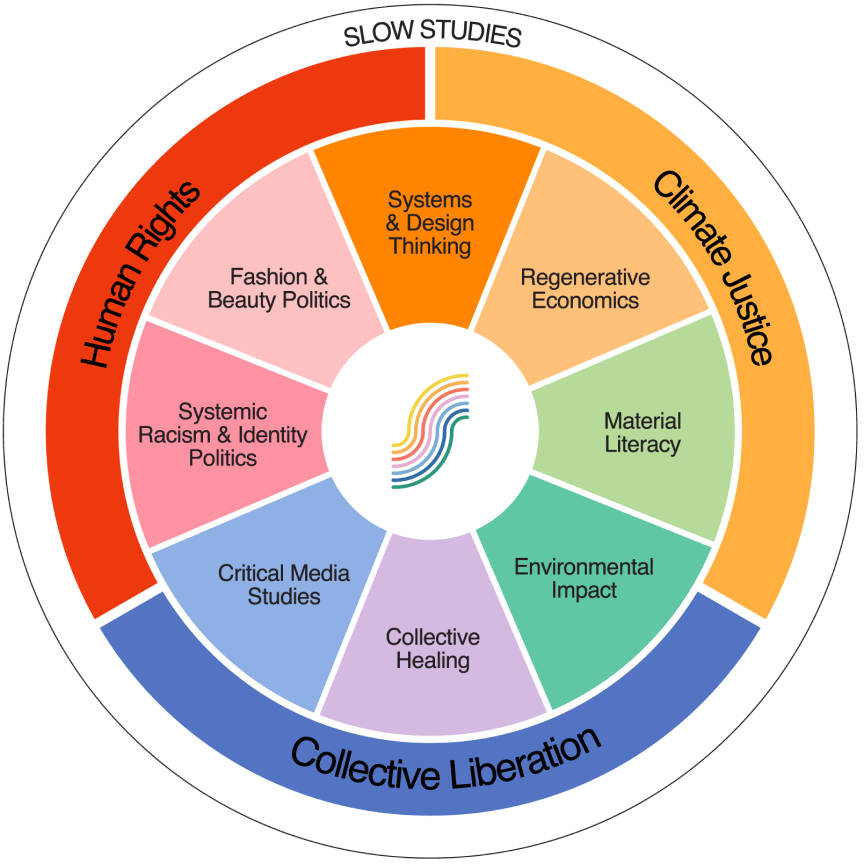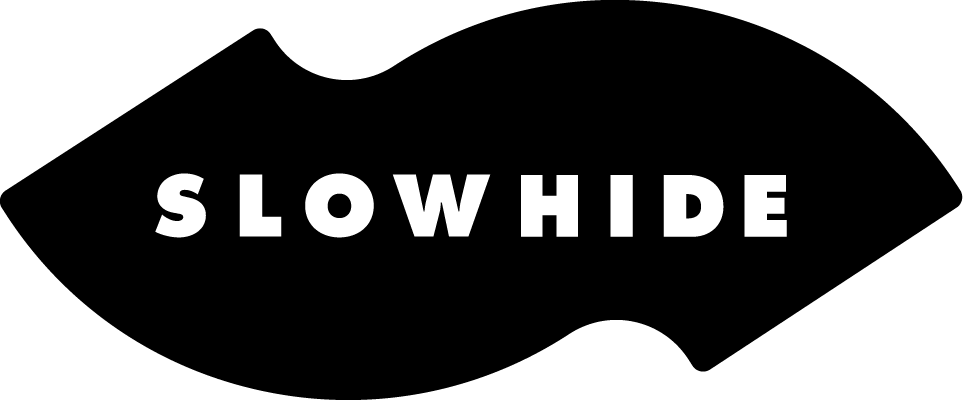Slow Factory Center for Radical Imagination & Systemic Change
Open Learning for Systemic Literacy.
The Climate School & Lab for systemic change, advancing climate justice and social equity through regenerative design, open education, and material science innovation.
In the next years to come, all organizations, companies and individuals will have to integrate climate action into their mandate, operations and daily lives.
Pedagogy for Collective Liberation
The Slow Factory’s approach to education is grounded in the long history of radical education, from Paulo Freire to Myles Horton to bell hooks and the people and institutions that have historically practiced and continue to practice transgressive and transformative pedagogy. We believe that in synthesizing these powerful approaches with the realities of the modern world - realities of rapid change and instability and political turmoil - we can help cultivate a new generation of thinkers and doers who are equipped to tackle the cataclysmic challenges we face, and equipped to help others do the same. We live in an era of rapid change at every level of society. The evolution of capitalism has transformed much of the West from industrial economies to service economies, knowledge workers run our largest companies, and inequality is skyrocketing. At the same time global warming threatens millions of species and billions of people. Already, it’s causing droughts and water shortages in some places, typhoons and flooding in others. We’re on the precipice of both mass migration on an even larger scale, and a multiplicity of conflicts around the world. We foreground this framing because the rote or banking method of education is simply insufficient for the ever-changing, ever evolving world we face. One could say it never was sufficient, and we would agree with that, but in particular the rapid pace of current developments and the instability they appear to be bringing call us to develop and engage with transformative education models in order to prepare, as much as possible, for the world that lies ahead.
Our overarching goal is to empower people to address the many challenges we face, particularly related to climate change and climate justice. Here empowerment is both an intellectual set of tools and critical thinking skills. We believe that critical thinking strategies, tools, and soft skills are necessary both to allow folks to digest the multiple complex sources of information they’re absorbing throughout the day, and then to assimilate the valuable information into existing frameworks. Critical thinking also allows folks to then turn information into action, into campaigns, into organizing and teaching others. And we don’t hold that these crucial skills and tools can simply be handed down from the teacher to the students. We hold with Paulo Freire that the banking model fails to engage students, fails to activate their curiosity and minds, and most importantly acts as though the teacher is the holder of all knowledge, while the student has none and must simply receive. Rather our approach is that teachers may facilitate (although in time students should also gain vital practice with this skill) but the students can and should be active participants and leaders of their own education. This is crucial not just because it engages students, but also because students have key knowledge, on a wide range of topics but particularly on their neighborhoods and communities and the issues that affect them.

Sample Class Offerings
- Sustainable Business Operations & Best Practices
- Climate Justice in Finance
- Climate & Investments
- Climate & Innovations — What are the priorities we need to focus
- Responsible Supply Chain Management
- Sustainable Business Planning for E-Commerce
- Sustainable Product Development
- Design for Disassembly
- Material Science
- Plastic-Free Systems
- Marketing and Communicating Sustainability
- Climate stories: How to share progress
- How to Avoid Cultural Appropriation
- Designing Climate Justice
- What can individuals do?
- What can companies do?
- Circular Design & Design for Disassembly
- Regenerative Packaging
- Regenerative Systems & Applied Social Justice
- Designing a Plastic-Free Supply Chain
- Landfills as Museums (Field Trip)
- Waste-Led Design Solutions
- Web 3 & Climate Justice




